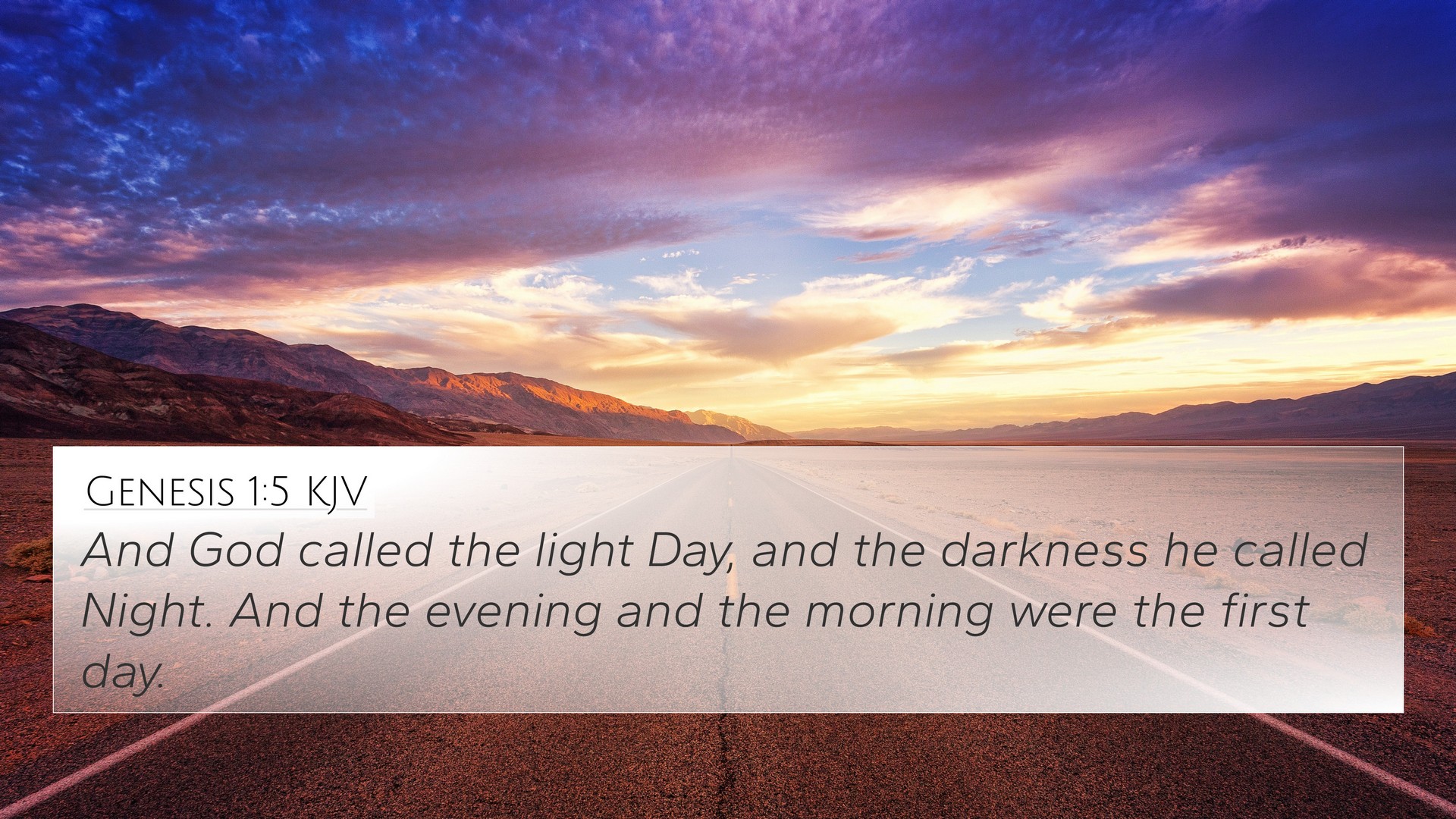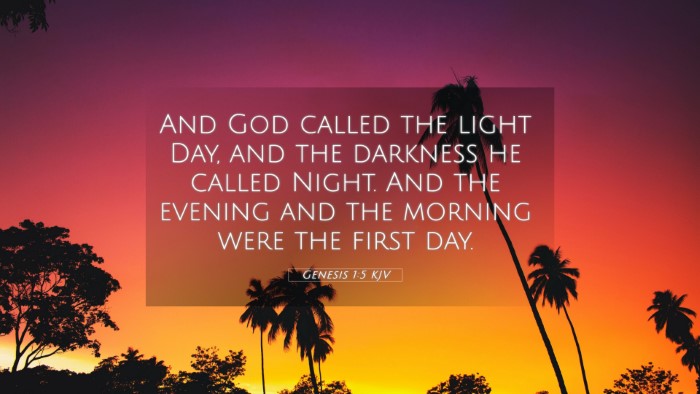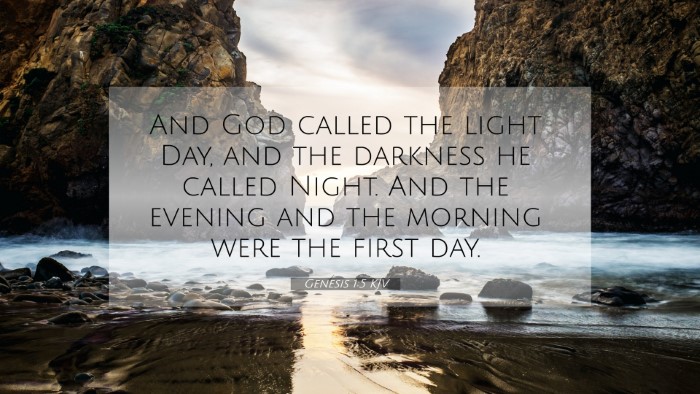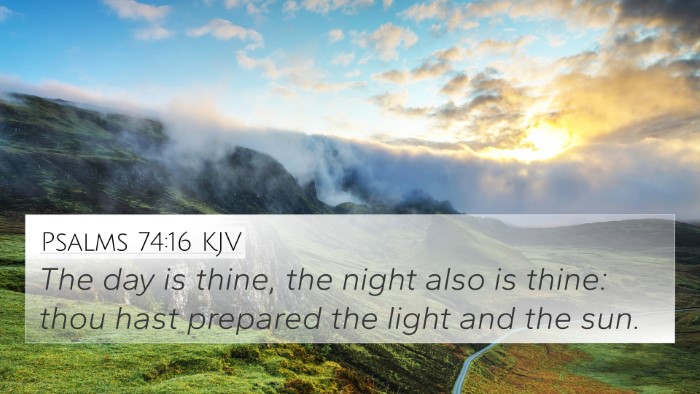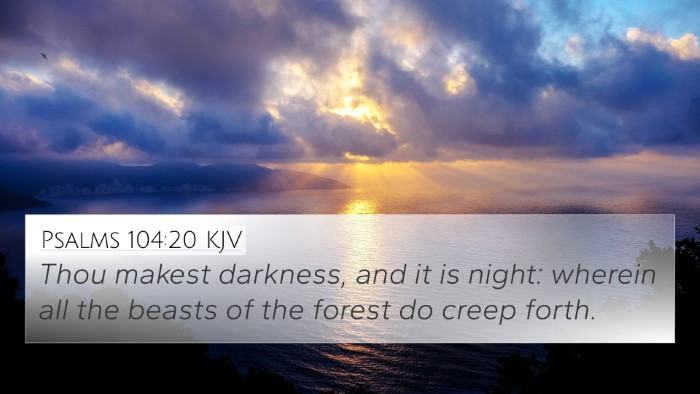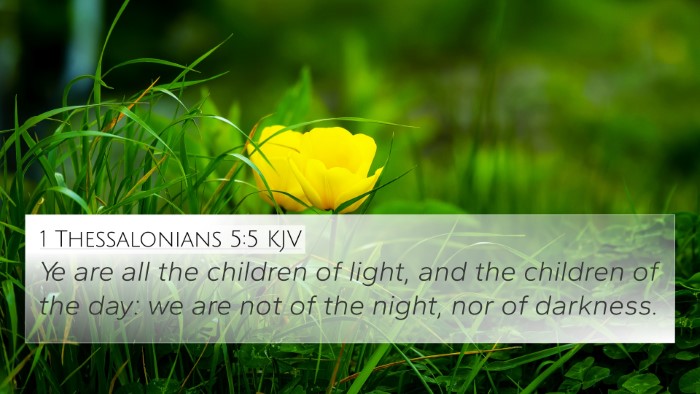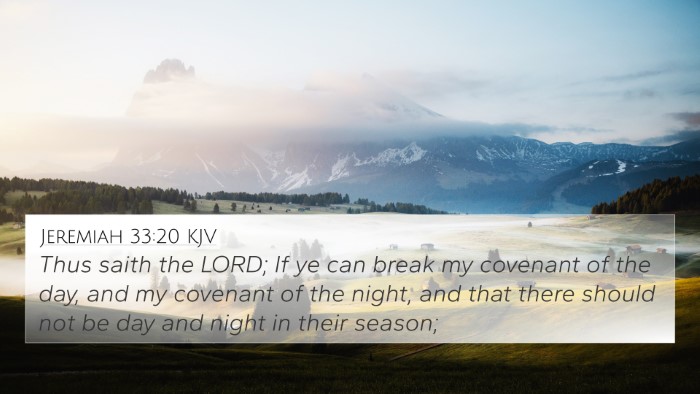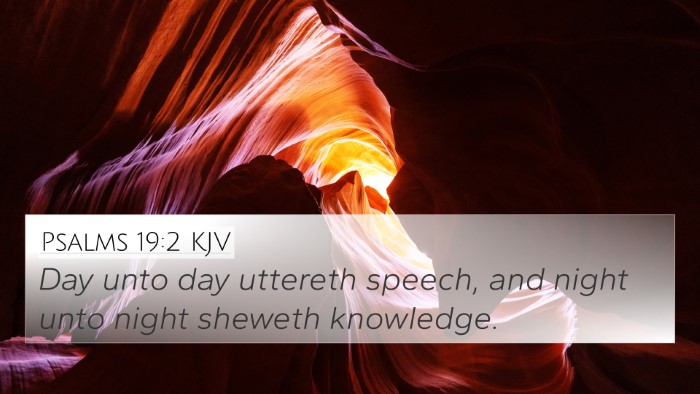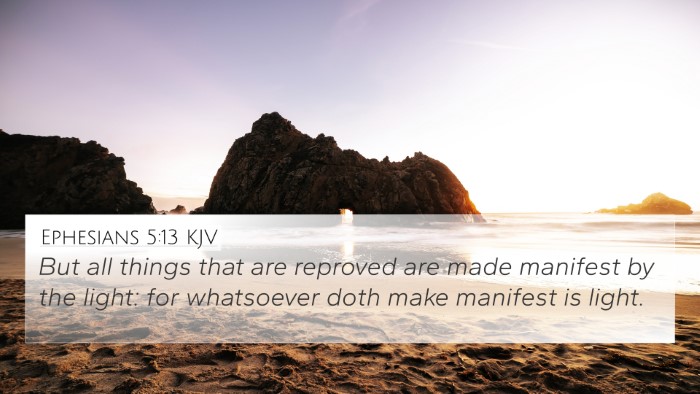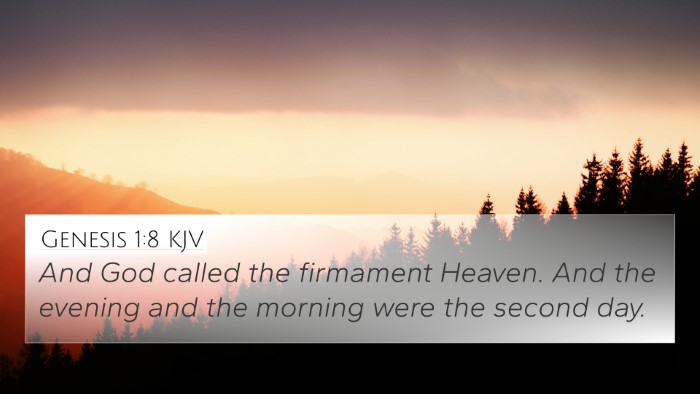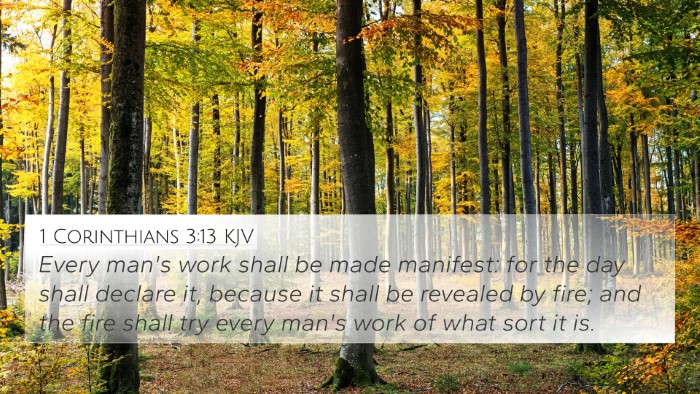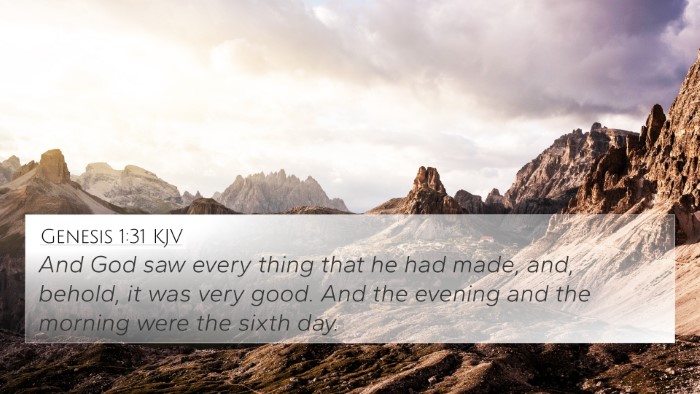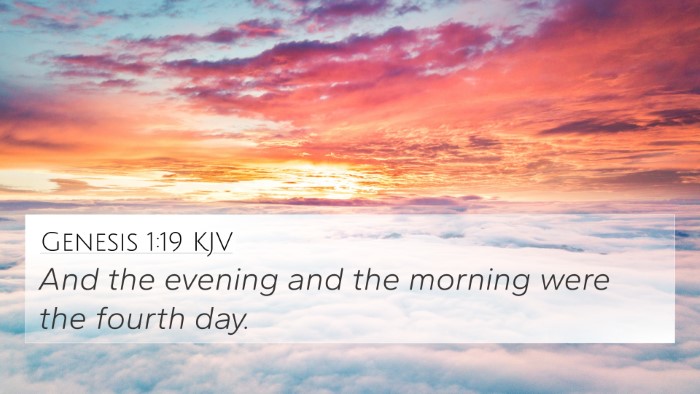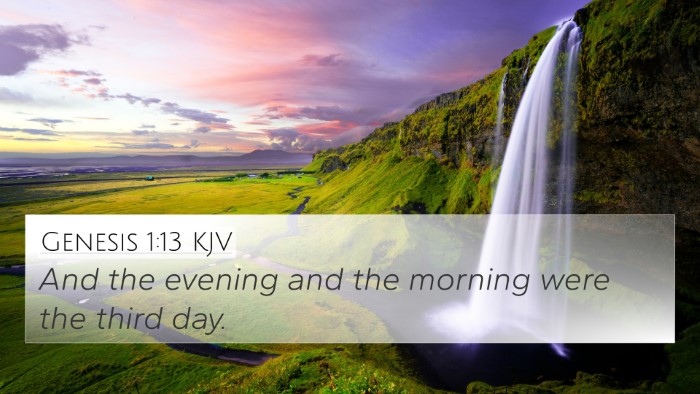Genesis 1:5 Overview
In this verse, God establishes the concept of time by creating day and night. The passage reads, "God called the light Day, and the darkness He called Night. So the evening and the morning were the first day." This marks the separation of light from darkness, setting the stage for the rest of creation.
Theological Significance
From the outset, this verse signifies God’s authority over creation. By naming the day and night, God asserts His dominion, demonstrating that all things are under His control. This assertion illuminates the idea that God brings order out of chaos, a theme reiterated throughout the Scriptures.
Commentary Insights
-
Matthew Henry's Commentary emphasizes the significant act of God naming creations. He notes that naming represents dominion and control, implying that God has established a rhythm for creation—a cycle of light and darkness.
-
Albert Barnes explains that the term "day" here refers to the period of light, while "night" represents darkness, highlighting the duality that defines the natural order. He points out that this differentiation leads to the concept of time and the duration of days.
-
Adam Clarke adds depth by discussing the usage of the words "evening" and "morning" which represent the complete cycle of a day, indicating that creation is purposeful and meticulously designed. He notes that God’s ordering of time is crucial for the unfolding of further creation activities.
Connections Between Bible Verses
Genesis 1:5 can be cross-referenced with several other scriptures that touch upon themes of light, darkness, and God's creative order. Below are notable connections that further interpret this verse:
- John 8:12: Jesus declares Himself as the Light of the World, echoing the creation of light in Genesis.
- Psalm 104:20-23: Reflects on the cycles of day and night, a reminder of God's ongoing order in creation.
- 1 Thessalonians 5:5: Believers are called "children of light," which ties back to the original creation of light and darkness.
- Isaiah 45:7: Illustrates God as the creator of both light and darkness, reinforcing His sovereignty.
- Revelation 21:23: Describes the New Jerusalem where there will be no need for light from the sun, as God's glory provides illumination.
- Matthew 5:14: Engages the concept of believers as lights in the world, referencing the original act of creation.
- Luke 11:35: Warns to take heed that the light within is not darkness, connecting moral and spiritual light to the creation narrative.
Inter-Biblical Dialogue
This exploration of Genesis 1:5 and its associated verses presents an inter-Biblical dialogue that guides believers through understanding God’s intention with creation, emphasizing light's triumph over darkness. By examining these scriptural parallels, readers can appreciate the cohesiveness and depth of the Biblical narrative.
Practical Application:
Understanding the significance of light and darkness in Genesis 1:5 can inspire deeper reflections on personal faith. Believers are encouraged to walk as children of light, aligning daily actions and thoughts with the order and purpose established by God at creation.
Conclusion
In Genesis 1:5, we discover not merely a record of the world's beginning but profound truths about God's nature and the structure of creation. This verse serves as a cornerstone for understanding Biblical themes around light, time, and divine order, inviting continued exploration through scriptural cross-referencing and thematic connections.
